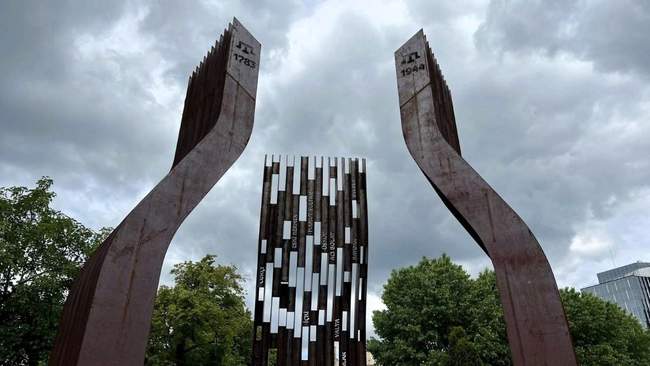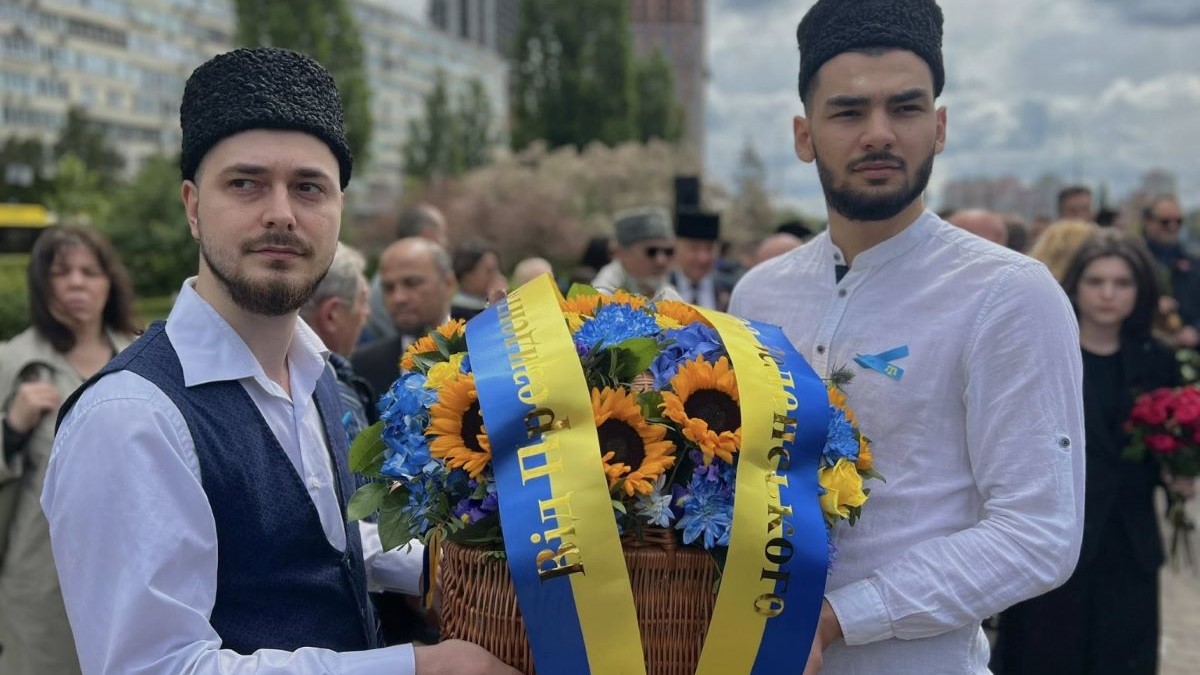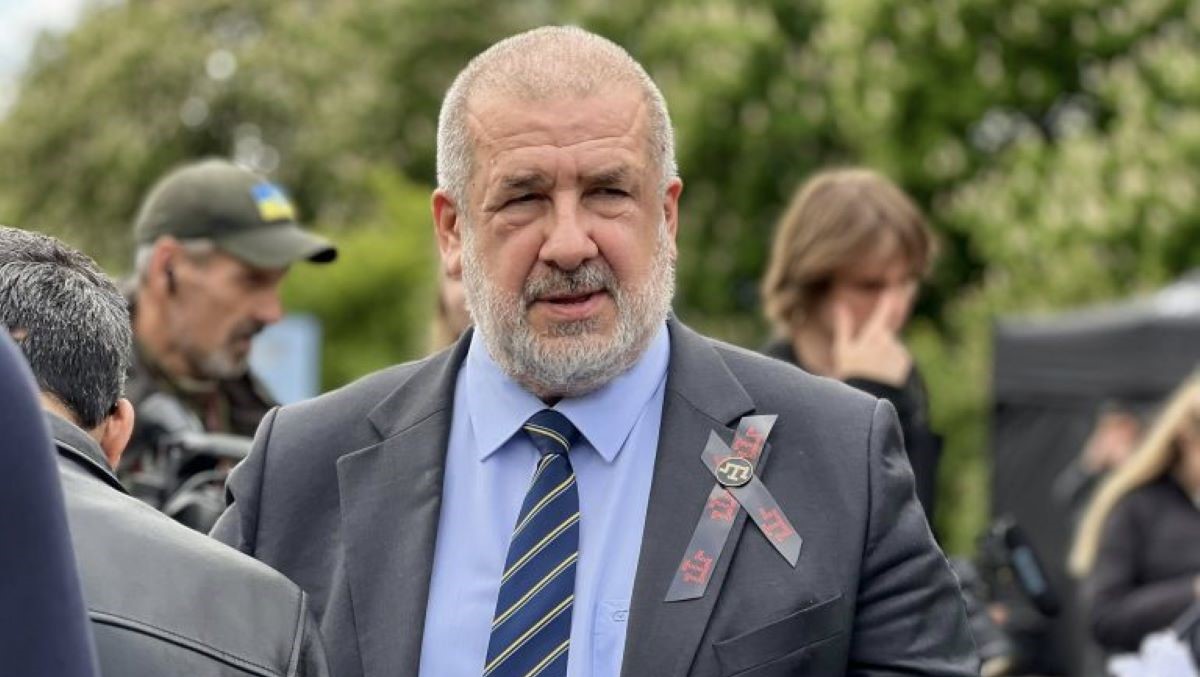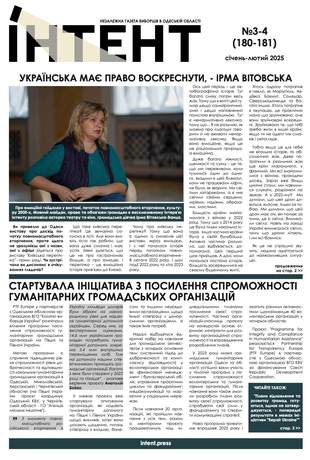Меню
Social networks
May 19, 2025, 7:43 p.m.
Kyiv commemorates the anniversary of the tragedy of the Crimean Tatar people, who once again became victims of the Russian regime
Цей матеріал також доступний українською23

PHOTO: Mejlis of the Crimean Tatar people
Kyiv commemorated the 81st anniversary of the deportation of Crimean Tatars. During the mourning event at the Memorial, calls were made for the de-occupation of Crimea and international recognition of the genocide.
This was reported by the press service of the Mejlis of the Crimean Tatar people.
On May 18, a mourning event to mark the 81st anniversary of the deportation was held in Kyiv's Peace Square near the Memorial to the victims of the genocide of the Crimean Tatar people. Flowers were laid at the Memorial and candles were lit.
In her speech, Olena Kovalska, Deputy Head of the OP, noted that historical justice for the Crimean Tatar people has not yet been restored. According to her, the crimes of 1944 have continued - the occupation of Crimea in 2014 brought a new wave of repression: the ban on the Mejlis, arrests, disappearances, and falsified cases. Today, Crimean Tatars account for more than 60% of political persecution in Crimea.

The Permanent Representative of the President in Crimea Olga Kuryshko spoke about the significance of the Memorial itself. It contains three dates - 1783, 1944 and 2014 - which symbolize the stages of annexations and repressions against Crimean Tatars.
Chairman of the Mejlis Refat Chubarov thanked everyone who honors the memory of the deportees every year and said that recognizing the genocide is not only historical justice, but also a way to prevent such things in the future. He emphasized that a just peace is possible only after the de-occupation of Crimea, the restoration of Ukraine's territorial integrity and the creation of Crimean Tatar autonomy within Ukraine.

Throughout the day, documentaries were screened in the Peace Square, an exhibition was held, and the Letters to a Free Crimea campaign was held, where everyone could write a letter of support to Crimean political prisoners.
Next to the memorial, an information installation was presented - an exhibition dedicated to the genocide of the Crimean Tatar people and their struggle to return to their homeland. The exposition covered the deportation of 1944, the resistance and resilience of generations, as well as the colonial history of the peninsula - from the annexation of Crimea in 1783 to Soviet repression and the current occupation, which has been ongoing since 2014.












